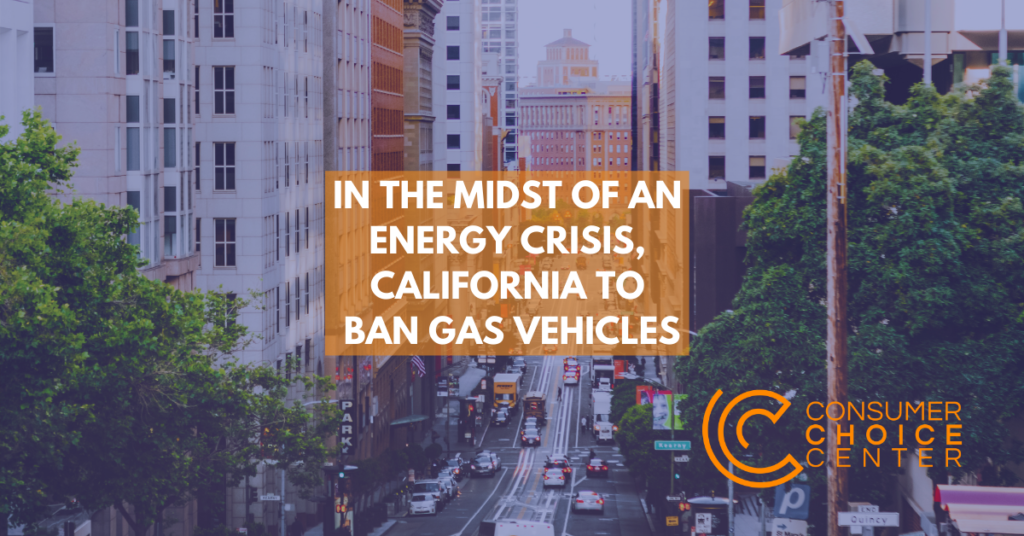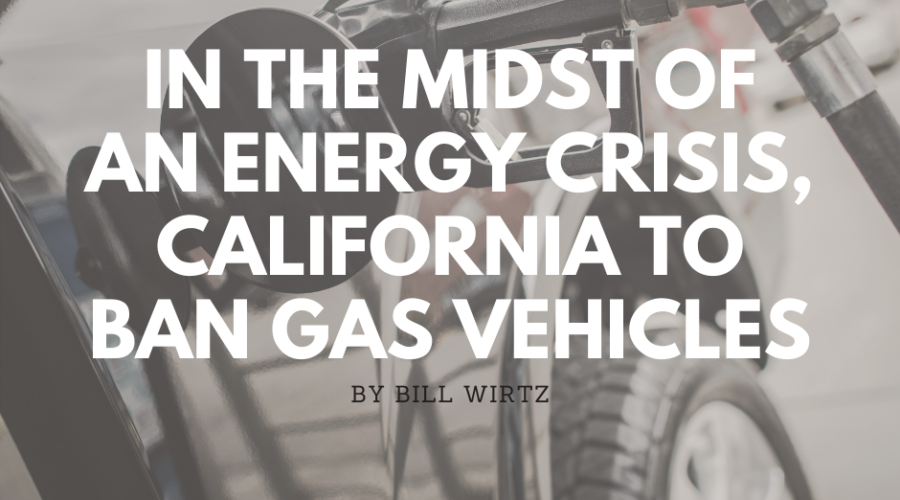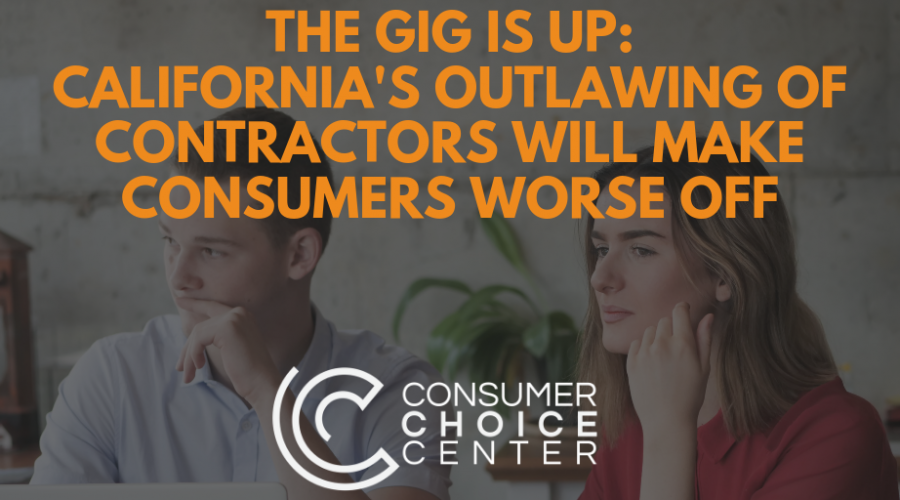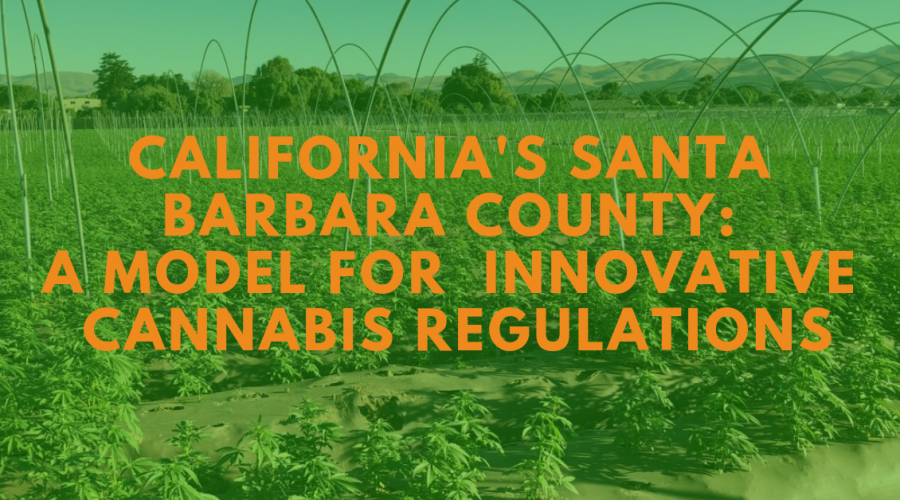In the midst of an energy crisis, California to ban gas vehicles

With the stroke of a pen, California Governor Gavin Newsom signed an executive order this week banning the sale of emissions-producing cars by the year 2035.
Effectively, this means no gas-powered cars will be for sale in the nation’s most populous state in less than 15 years. It’s not only the most populous state but the state with the most cars overall.
If the 15 million cars registered in California were their own country, they’d be the 73rd largest by population.
That means no prospect for a 2035 Camaro, Mustang, or even Honda Civic powered by gasoline on the streets of California in the near future.
Newson says climate change is why this moratorium is needed. Heatwaves, wildfires, and faltering energy supply to millions of Californians.
IMPACT ON YOU AND ME
How will this impact ordinary consumers?
This ban is concerning for two reasons.
First, California’s market is the largest in the United States. That means any and all legislation they make impacts consumer products sold across the country. We’ll call that the California Spillover Effect.
No manufacturer wants to design or create items to sell at scale across the entire nation only to have to retool them for California. That means many larger suppliers decide to comply with California’s burdensome regulations as a rule. That’s without the say of the populations and legislatures of other states, even if the laws are unconstitutional and economically backward.
(Many officials are already stating the order will be easily struck down by the EPA or the courts)
It is a fact that, over time, our cars are getting more efficient. Engineers and scientists are combining different elements to maximize fuel efficiency in internal combustion vehicles in order to reduce emissions, lower costs, and provide better cars for drivers.
This has been a market and consumer-led revolution. Consumers demand more efficient cars that won’t force them to the gas pump every two days.
Those preferences have signaled to carmakers that they need to provide quality vehciles with better gas mileage and they have delivered. In most cases, the mileage efficiency goes beyond the mandates imposed by California and the EPA in Washington.
Regardless, with an executive order outlawing gas-powered cars, that means California drivers will be forced to switch to using electric cars wholesale. That will mean much higher prices that many people just won’t be able to afford. That will harm lower-income individuals who still depend on transportation by car for their work and home lives.
What the state of California is effectively doing here is endorsing a particular technology — electric vehicles — that may even be obslete by 2035.
This rebukes the principle of technology neutrality, the idea that the government should not pick winners and losers in the tech sphere. Not only will there be better and more efficient solutions by the year 2035, but government has a poor track record of defining which technological solutions will win consumer favor in the end.
AN ENERGY CRISIS AND FALSE SOLUTIONS
This is also concerning because California is in the midst of an energy crisis. Rolling blackouts are the norm, large wildfires threaten electricity infrastructure, and persistent water mismanagement has led to many areas with less than adequate water supply.
Energy policy that can provide stable power to millions of homes is a challenge in California, and a mandate to switch the entire vehicle fleet to electric will put even more pressure on energy supplies, driving up costs for ordinary consumers who may not even own electric cars in the future.
There is no question that electric cars are more economical on the road, but they are also less reliable for longer drives, maintenance, and will still depend on the fossil fuel economy for electric charges.
Most, if not all, electric cars draw their power from the energy grid, we’re still relying on coal power to provide energy for the charge. That’s anything but an environmental panacea.
Further, the resources needed to build and power electric cars, including the mining of precious minerals, still contributes to greenhouse gas emissions.
By the time an electric vehicle has rolled off the assembly line, it has already been responsible for more than 25,000 pounds of carbon dioxide emissions, more than twice that of a traditional internal combustion vehicle.
As political scientist and economic Bjorn Lomborg explains in the video below, over the lifetime of a modern electric car, it will only be responsible for three to five tons less of CO2, including production, energy consumption, and scrapping.
(Also check out our interview with Bjorn Lomborg on Consumer Choice Radio on all things environmental policy and smart solutions for the world)
If California wants to reduce emissions, there are consumer-friendly ways to do so.
Reforming zoning laws to encourage development and reduce the need to commute long distances for workers and consumers is one step.
Encouraging innovation by entrepreneurs to come up with alternative fuels is another. And so is the embrace of nuclear technology, fracking for natural gas, and Compressed Natural Gas as a fuel for public transportation and governmental fleet vehicles, as is done in other countries.
The path toward a cleaner and more prosperous planet is not through bans, restrictions, and piecemeal technology ensorsements. It’s through innovation, consumer demand, and creative solutions.










